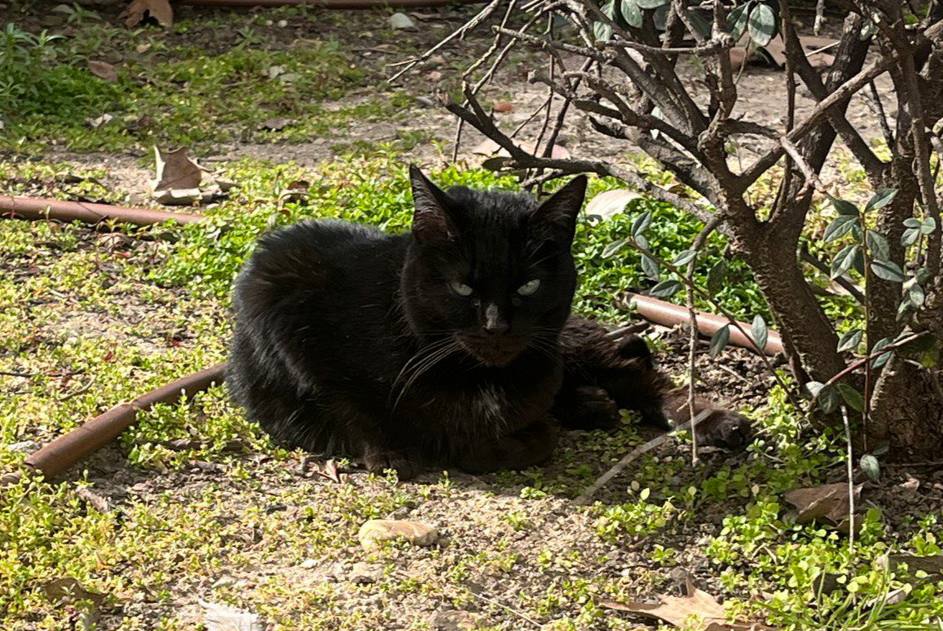10 Common Superstitions With Totally Bizarre Origins
Superstitions have been woven into the fabric of human culture for centuries, shaping behaviors, traditions, and even societal norms. These beliefs, often rooted in fear or misunderstanding, offer intriguing insights into the human psyche and the cultural contexts from which they arise. From the fear of black cats crossing our paths to the mysterious allure of lucky charms, superstitions are ubiquitous. They persist across generations, transcending borders and languages, often without question or scrutiny. This article embarks on a fascinating journey to unearth the strange stories behind 10 common superstitions, offering an eye-opening perspective on how they originated, evolved, and continue to influence us today. By delving into these tales, we aim to uncover not only the historical and cultural roots of these beliefs but also the psychological mechanisms that keep them alive in modern society. Join us as we explore the curious world of superstitions, where reality meets myth, and logic often takes a backseat to tradition and fear.
1. The Black Cat Conundrum

The superstition surrounding black cats is perhaps one of the most widely recognized. In many cultures, a black cat crossing your path is considered an omen of bad luck. This belief dates back to the Middle Ages in Europe, where black cats were often associated with witches and witchcraft. The fear was so pervasive that black cats were hunted and killed alongside women accused of witchcraft. However, the perception of black cats wasn't always negative. In ancient Egypt, cats were revered and even worshipped, with the goddess Bastet often depicted as a lioness or a woman with the head of a lioness. In this context, black cats were seen as symbols of protection and good fortune. This dichotomy highlights how cultural and historical contexts can drastically alter the perception of a superstition. In modern times, the superstition has taken on new dimensions. While many still avoid black cats for fear of bad luck, others have embraced them as symbols of mystery and independence. In some cultures, black cats are even considered good luck, particularly in Japan and parts of the UK. This shift in perception illustrates how superstitions can evolve and adapt, reflecting changes in societal attitudes and values. The black cat superstition serves as a reminder of how deeply ingrained beliefs can shape our actions and perceptions, often without us even realizing it.